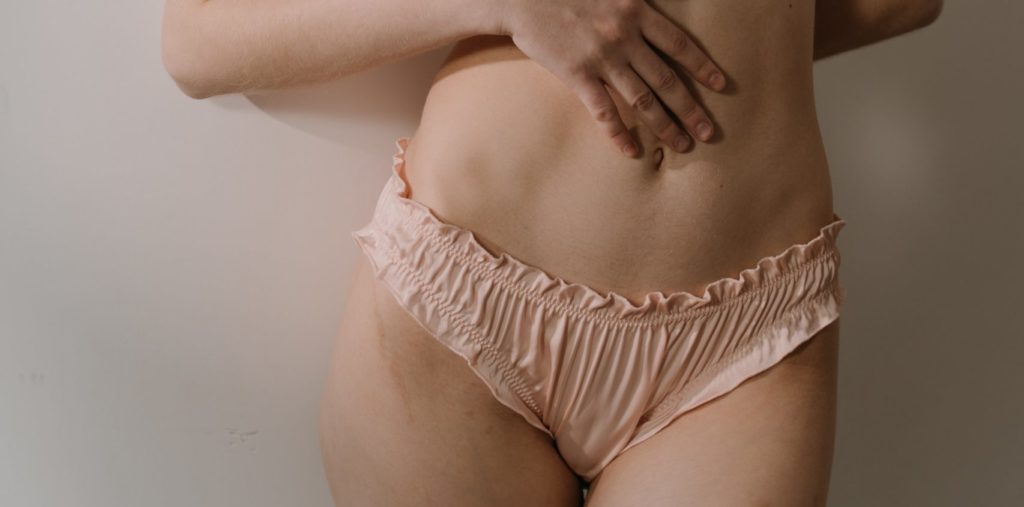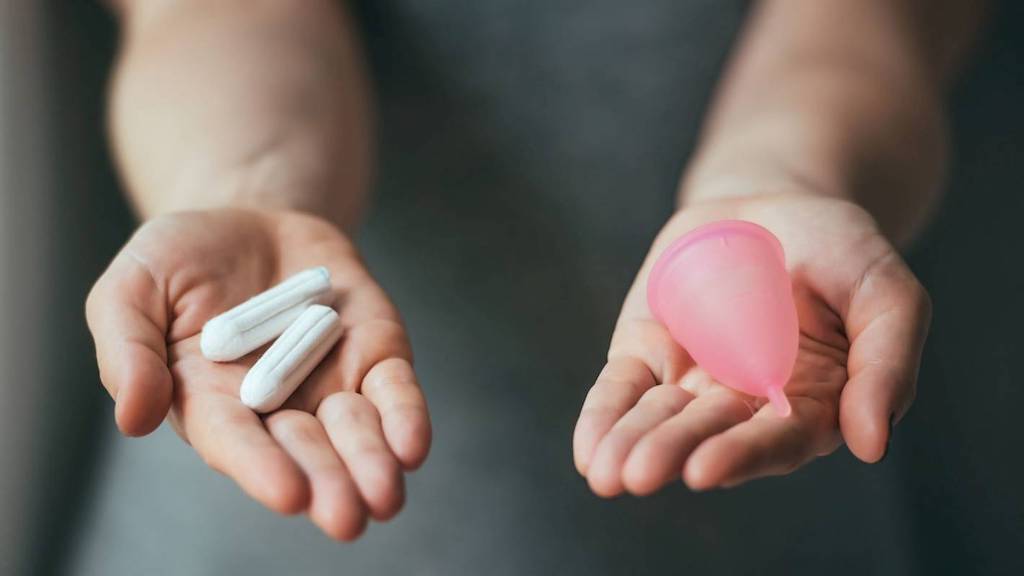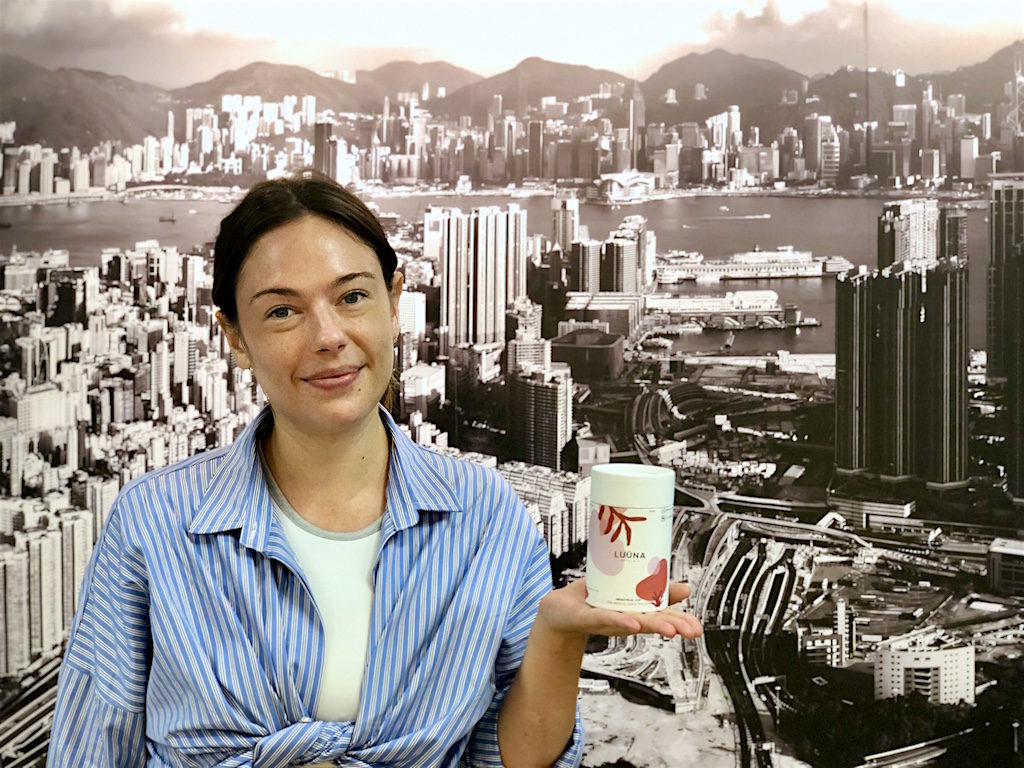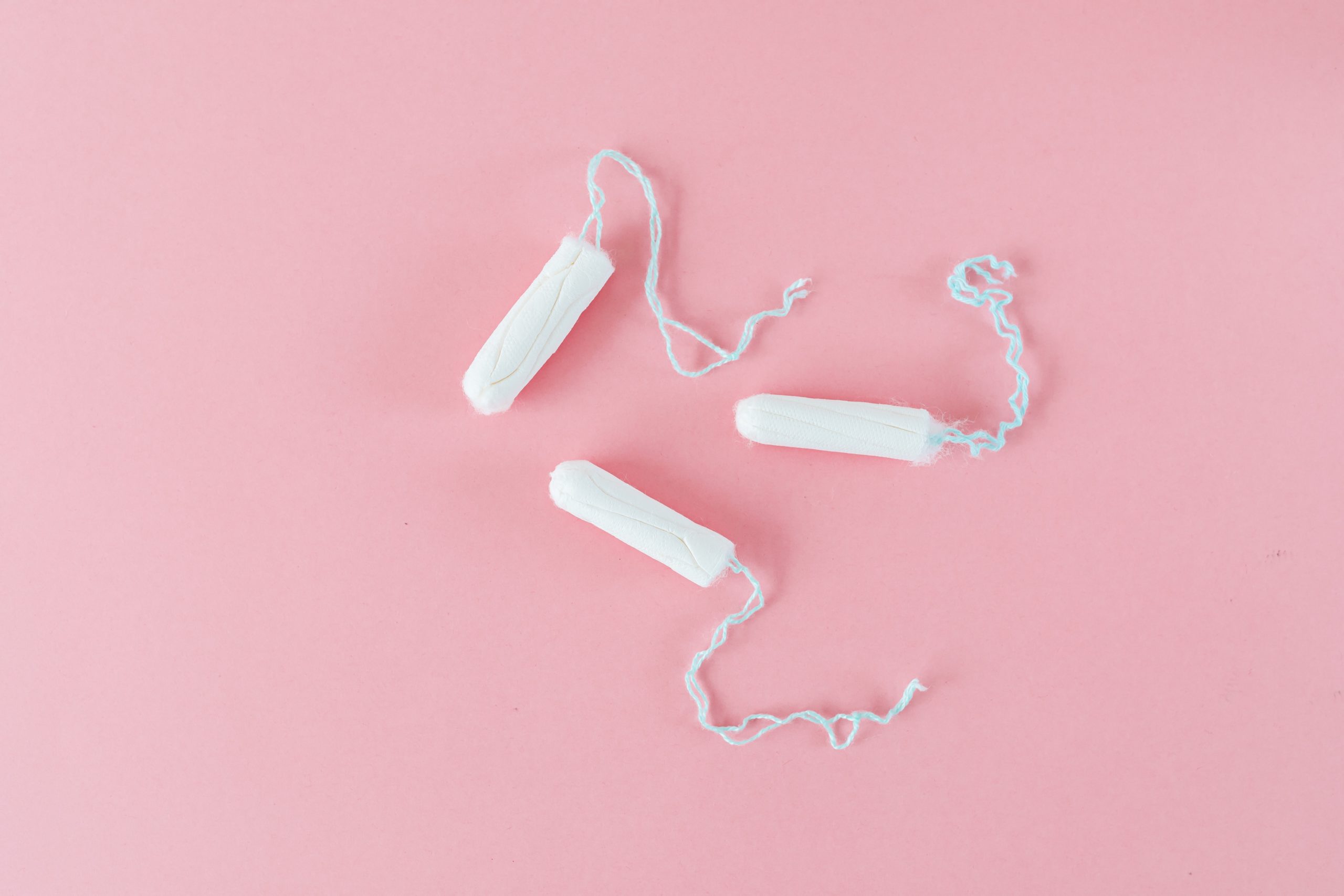This German Women-Led Startup Just Closed A Seed Round To Make Periods More Sustainable With Seaweed Tampons
4 Mins Read
Berlin-based Vyld, which makes seaweed-based menstruation products, has closed a seed round to take the startup’s stigma-busting seaweed-based tampons from small scale to mass production. Participants in the round included The Case for Her, Purpose Ventures and multiple business angels. The funding amount was undisclosed.
Vyld was founded on the basis of revolutionising the menstruation product market and democratising sustainable periods. It makes healthy, seaweed-based alternatives to plastic-based conventional solutions, which contribute to landfill and are not ideal choices for women’s comfort and health.

The need for something better
The startup’s founder, Ines Schiller wears multiple hats, including social entrepreneur, marine guide and neuroscientist. She has approached the project wearing all of them. Just as menstruation products worn by generations previously have gone out of fashion, so too must plastic-based items that contribute to global pollution and personal health complaints.
Vyld states that up to 90 percent of all period products employed are single-use. Inevitably, these end up in landfill and by proxy, the world’s oceans. Plastic, viscose and virgin cotton, all commonly used in sanitary pads and conventional tampons are known to create negative environmental impacts.
“Algae are already used in over 70% of all processed foods due to their many beneficial features,” Vyld founder Ines Schiller said in a statement. “We want to use these amazing unique advantages for period products where they will really make a difference. This way we can offer the menstruators a unique solution that combines product performance and true sustainability.”
The seaweed used in Vyld’s products biodegrades on land and in water. It can be used across a variety of applications, from tampon cores to external packaging. Vyld notes that it requires no fertilisers to grow and, unlike conventional tampons, doesn’t need to be bleached.
As an added benefit, while growing, the seaweed sequesters huge amounts of carbon dioxide and nitrogen. Vyld claims the seaweed offers anti-inflammatory properties during use of its ‘kelpons’ as well. The multi-beneficial model caught the attention of bold investors who saw past simply a gendered product, to a future where essential items can contribute to a healthier planet every day.
“With the ‘Kelpon’, Vyld reinvents tampons and offers a healthy solution for all – the menstruators, the oceans and the environment. This unique combination of climate protection and menstruation, which contributes to so many of the U.N. Sustainable Development Goals, convinced us,” Christina Ljungberg, co-founder of The Case for Her said in a statement.
Vyld aligns with 12 of the 17 U.N. sustainable development goals.

Giving back via a profit-for-purpose model
Menstruation products are big business. It’s why they have long been taxed, are never free and expensive to buy. This outmoded model has made menstruation a class issue, with only higher earners able to afford sustainable, bodily-healthy items. Vyld wants to tackle this period inequality for all the menstruators. Taking its sustainability purpose a step further, the company works within a regenerative framework. Profits made from product sales are funnelled back into marine and menstruation health projects.
“Vyld not only aims to bring an innovative and sustainable product to market, but also to grow and thrive in the same sustainable way as their seaweed,” Achim Henson, co-founder of Purpose Ventures said in a statement. “In order to embed these values in Vyld’s DNA, Ines Schiller has chosen the form of steward-ownership for the company. Her holistic, regenerative approach is pioneering a new, healthy way of doing business that is in harmony with the available resources.”

Period equality on the horizon
In December last year, Scotland made history by listening to its menstruators and making period products free. The move came after a four-year campaign to highlight the little-discussed issue of period poverty which forces people on low income to use unsuitable products that put their health at risk. Scotland was the first nation in the whole world to step up and make period products widely accessible and entirely free. Ensuring all items are sustainable will be a future focal point.
In Asia, Hong Kong and Shanghai-based startup Luüna Naturals was founded to offer non-toxic products for menstruators. Alongside the release of sustainable menstrual cups and toxin-free organic cotton products, A Better Period initiative was launched. A global project designed to open dialogues about periods, it removes the stigma attached to honest conversation. Workshops and products are supplied by Luüna.
Lead photo by Karolina Grabowska at Pexels.




